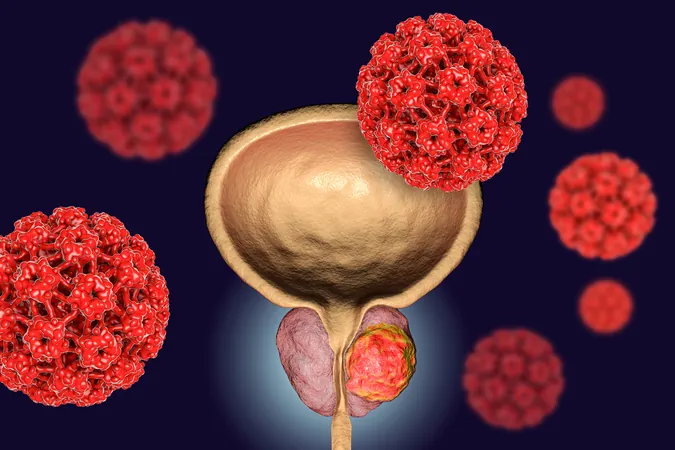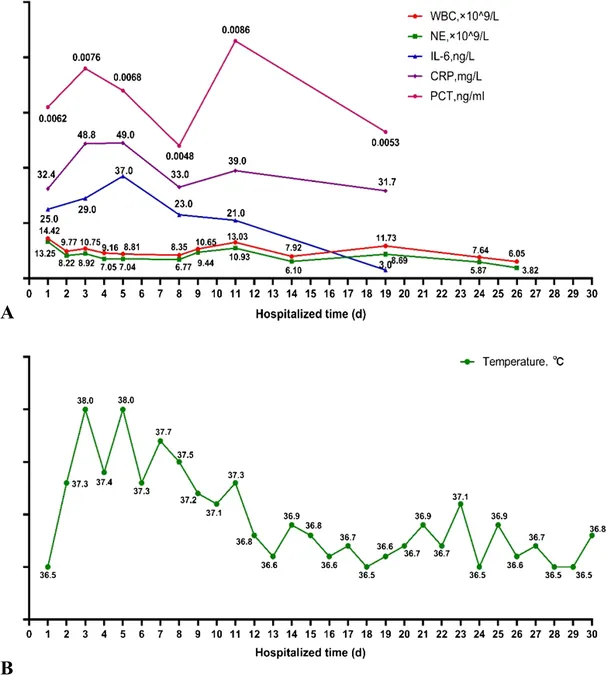
Revolutionary Pembrolizumab Treatment Could Nearly Double Cancer-Free Survival in High-Risk Bladder Cancer Patients!
2024-09-24
Recent findings published in The New England Journal of Medicine reveal that the immunotherapy drug pembrolizumab may significantly enhance cancer-free survival rates in patients with high-risk, muscle-invasive urothelial carcinoma following bladder surgery.
Conducted by researchers including Dr. Andrea B. Apolo, this landmark study opens new avenues for treatment options in this challenging cancer category.
The Urgent Need for Effective Treatments
Muscle-invasive urothelial carcinoma signifies that cancer has penetrated the bladder's muscular layers, making prompt intervention imperative.
Traditionally, the mainstay treatment involves surgically removing the bladder, often accompanied by cisplatin-based chemotherapy either before or after the operation to eliminate any remaining cancer cells.
Yet, not all patients can tolerate or access such chemotherapy options, leaving a significant gap in effective treatment strategies.
As a result, clinical researchers have turned their attention to adjuvant immunotherapy as a viable alternative to mere observation, especially for those unable to receive standard chemotherapy.
The 2021 FDA approval of nivolumab as an adjuvant therapy previously set a new standard of care, but the recent study on pembrolizumab suggests that this drug may offer even greater benefits.
Stunning Study Results
In the AMBASSADOR study, a total of 702 patients were randomized to receive either pembrolizumab every three weeks for one year or to be closely monitored over the same period.
Remarkably, those receiving pembrolizumab saw a median cancer-free survival time of 29.6 months versus just 14.2 months for patients in the observation group.
The treatment was generally well tolerated, with manageable side effects including fatigue, itching, diarrhea, and mild thyroid issues.
What’s noteworthy is the differentiation in outcomes based on PD-L1 status, a protein that can influence cancer response to immunotherapy.
Patients with PD-L1-positive tumors had even more impressive cancer-free survival rates, reinforcing the idea that pembrolizumab can be beneficial irrespective of this biomarker.
Looking Ahead: A Bright Future for Bladder Cancer Patients
The findings from this pivotal study underscore a crucial advancement in the battle against urothelial carcinoma.
While the overall survival rate after three years remained similar between the two groups—61% for pembrolizumab versus 62% for observation—it points to the need for careful analysis and follow-up as many patients in the observation group may have transitioned to other therapies upon the availability of nivolumab.
Dr. Apolo emphasized that "extending the time that these patients are cancer-free makes a big difference in their quality of life."
As such, ongoing research aims to explore combinations of immunotherapy drugs as well as biomarkers that could pinpoint patients who stand to benefit most from adjuvant therapies.
For patients facing high-risk bladder cancer, the promise of pembrolizumab as a groundbreaking treatment option marks a significant leap forward in modern oncology, paving the way for improved outcomes and enhanced quality of life in this challenging patient demographic.





 Brasil (PT)
Brasil (PT)
 Canada (EN)
Canada (EN)
 Chile (ES)
Chile (ES)
 España (ES)
España (ES)
 France (FR)
France (FR)
 Hong Kong (EN)
Hong Kong (EN)
 Italia (IT)
Italia (IT)
 日本 (JA)
日本 (JA)
 Magyarország (HU)
Magyarország (HU)
 Norge (NO)
Norge (NO)
 Polska (PL)
Polska (PL)
 Schweiz (DE)
Schweiz (DE)
 Singapore (EN)
Singapore (EN)
 Sverige (SV)
Sverige (SV)
 Suomi (FI)
Suomi (FI)
 Türkiye (TR)
Türkiye (TR)